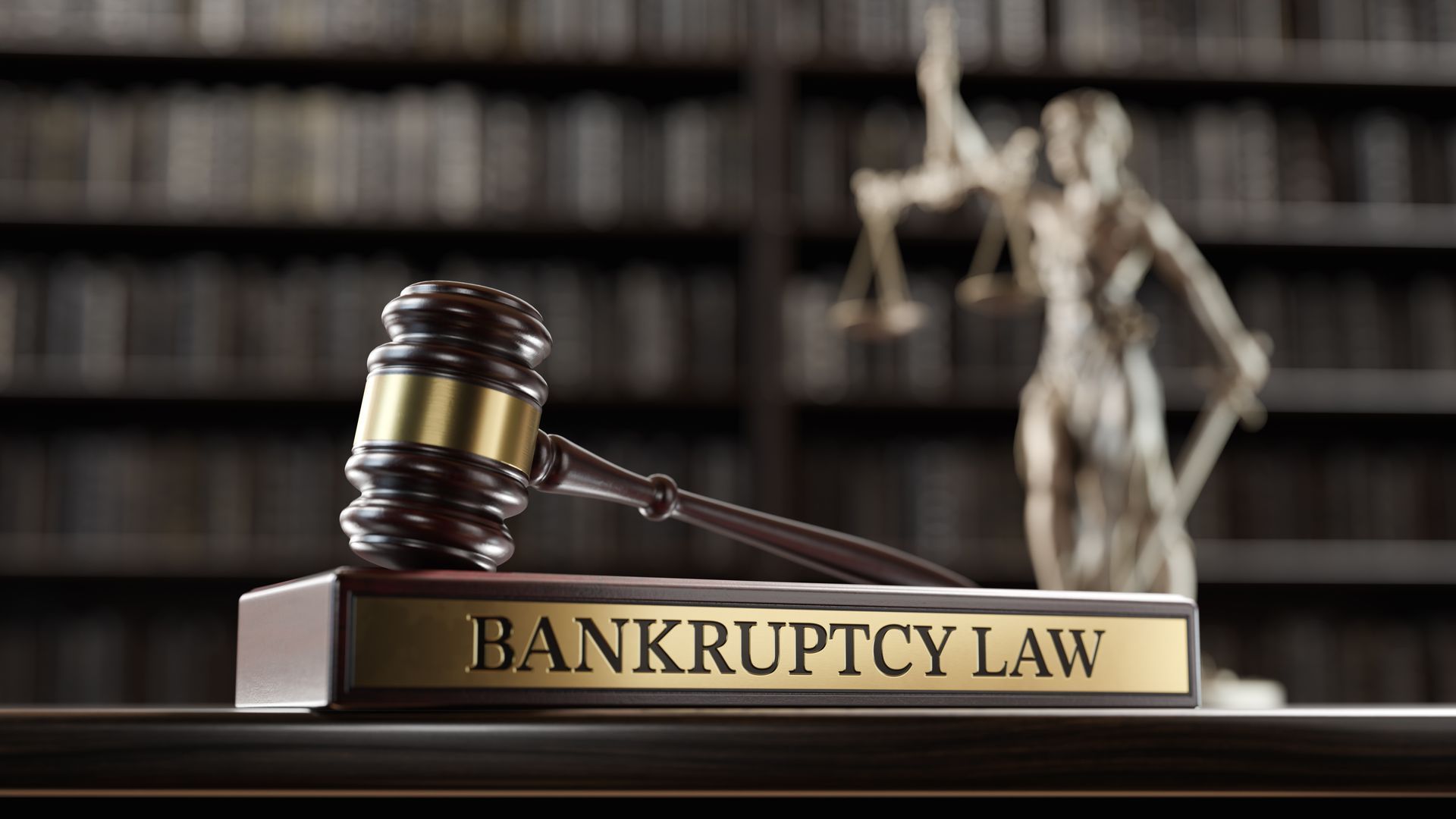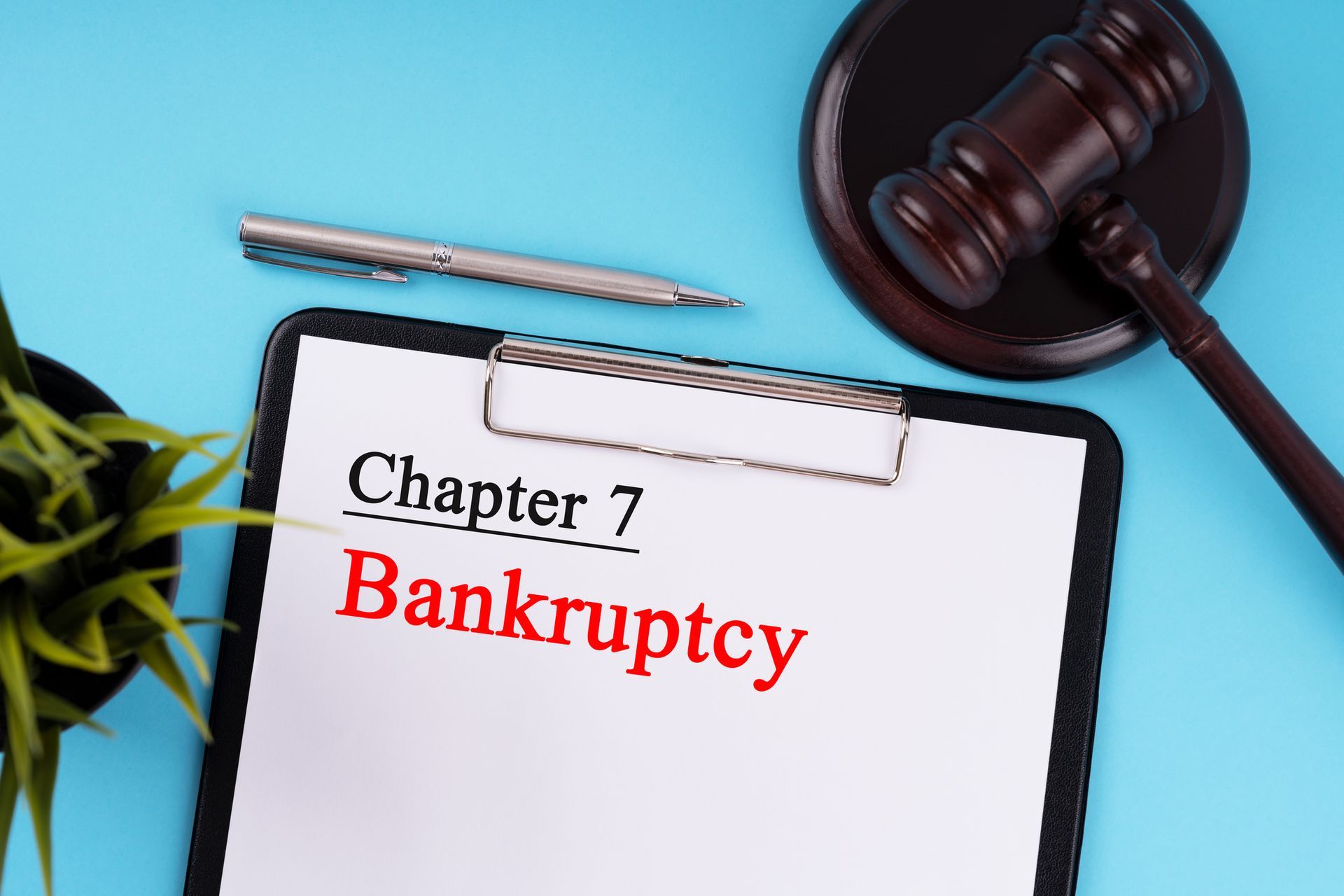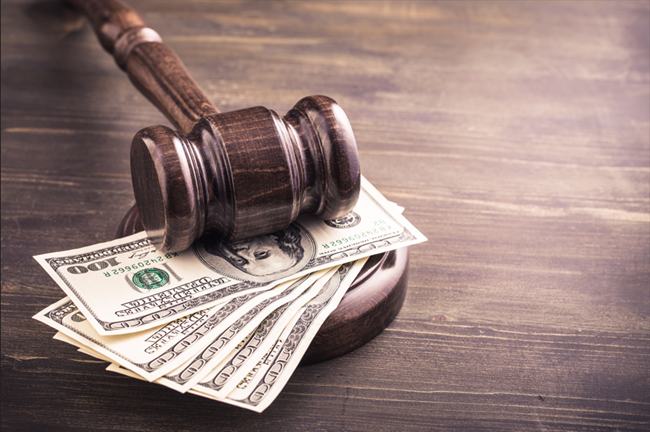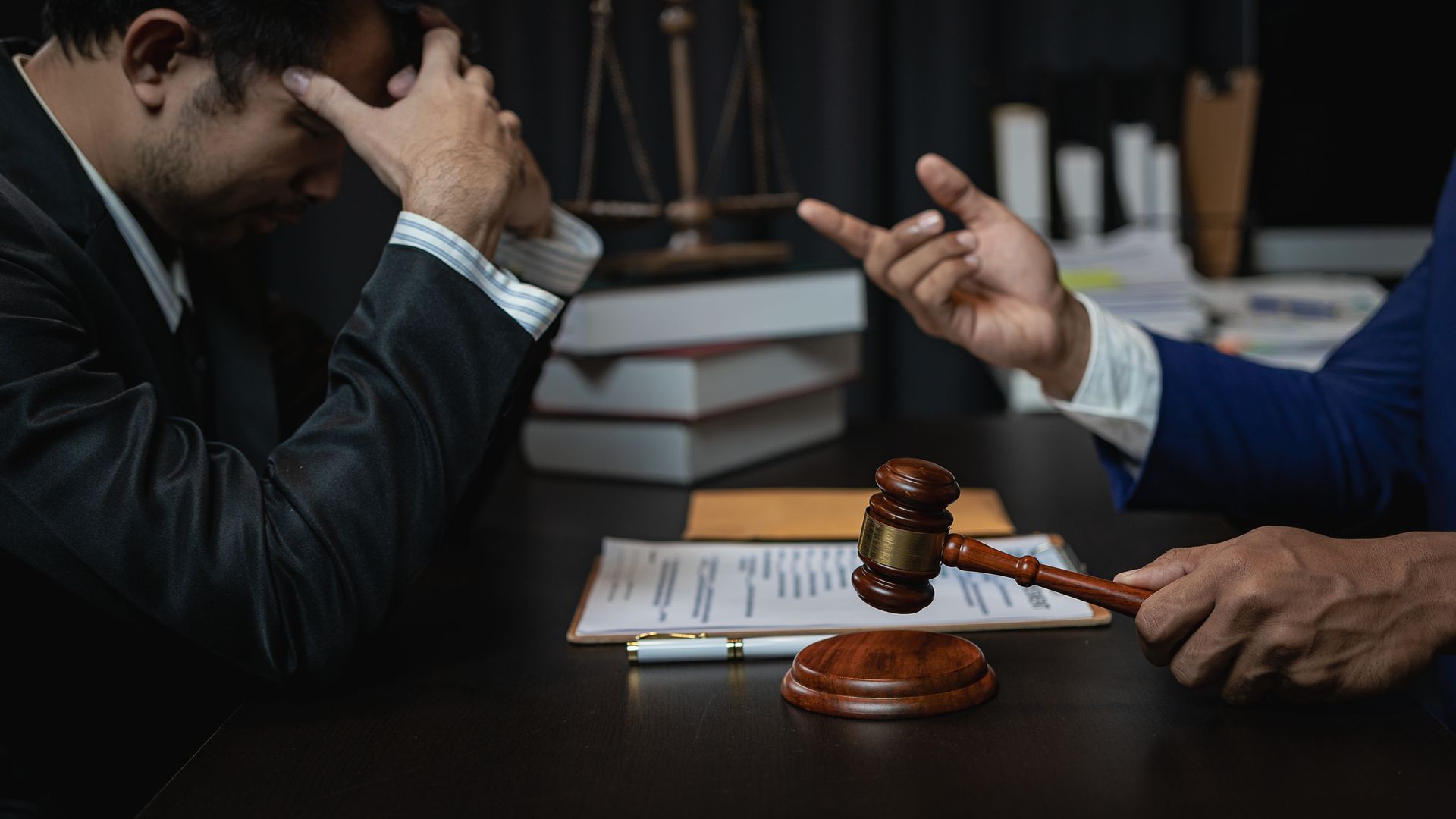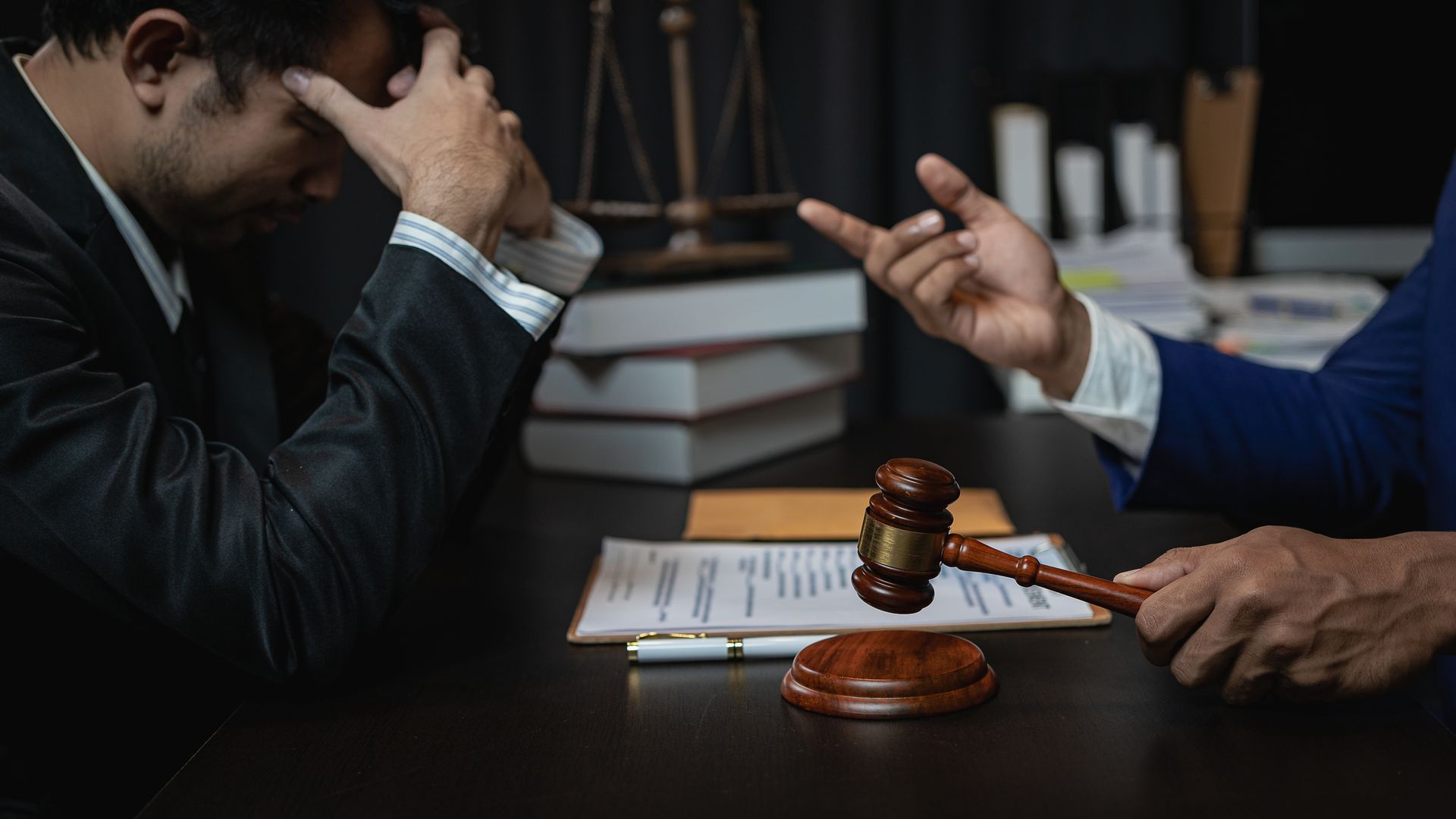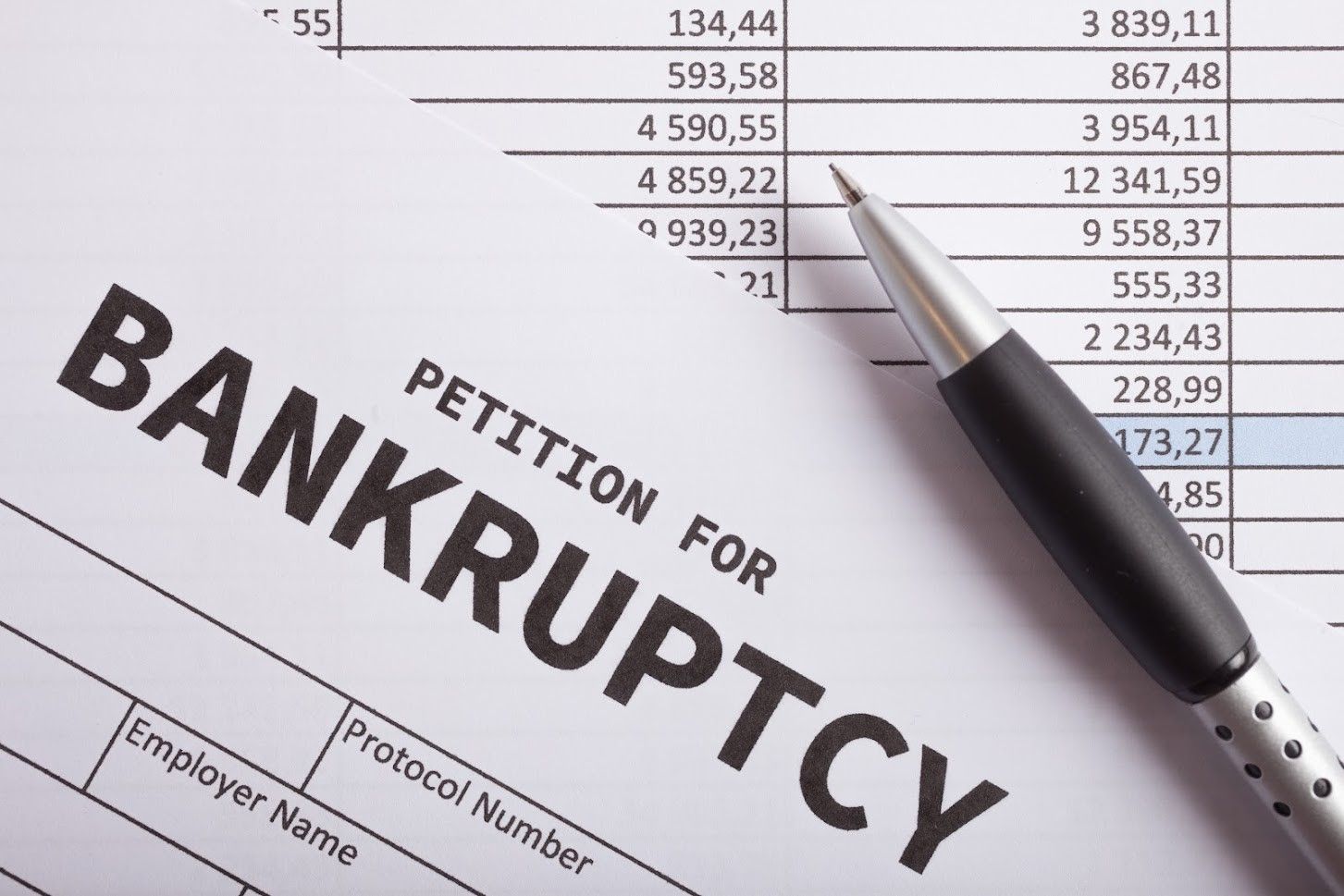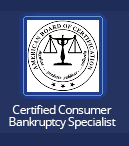Own Property With Someone Else? Answers To Your Bankruptcy Questions

Do you plan to file bankruptcy but share assets with a partner, family member, or other persons? If so, you may wonder how your bankruptcy
will work with these joint assets. To help you make the best decisions regarding your finances, here are some answers to your questions.
Can You File Bankruptcy With Joint Assets?
The good news for borrowers who struggle with debt is that in all states, you can file for bankruptcy protection either alone or as a couple. The sharing of property doesn't preclude you from seeking the debt relief you need, regardless of the decisions made by any co-owners. So if your partner or co-owner is hesitant to file for protection, you have the option of doing what's best for you.
How Are Joint Assets Liquidated?
While you can claim bankruptcy protection without your co-owner, it does complicate the matter. In an individual bankruptcy filing, the court assesses all the debtor's assets and the debts the debtor is legally obligated to pay. Then, the assets are liquidated in Chapter 7 bankruptcy or used to calculate a repayment plan in Chapter 13 bankruptcy.
However, because a joint asset is not 100% owned by the claimant, the bankruptcy trustee may not be able to use all of it to satisfy one partner's debts. So if you and your spouse are both on the title to your vehicle, many states - including Michigan - generally consider you each to own 50% of the vehicle. If the vehicle is worth $10,000 on the market, it's worth $5,000 to your bankruptcy claim.
Further good news for Michigan joint owners is that the person claiming bankruptcy can use either state or federal exemptions to prevent their portion of the asset from being seized. Federal rules allow you to exempt up to $4,000 of the equity in that vehicle. Therefore, only $1,000 is still subject to seizure. You may opt to use a wildcard exemption to cover the remaining $1,000, and the vehicle is completely exempted.
Are Non-Bankrupt Joint Owners At Risk?
Unfortunately, exemptions and separation of ownership rights don't cover every joint asset. In the example above, a vehicle worth $14,000 would still leave a 50% owner with $3,000 subject to liquidation. To access this cash for the bankruptcy estate and pay lenders, the vehicle might need to be sold. Alternatively, the co-owner could save it by buying out the bankrupt party's $3,000 stake.
An asset that is secured by a joint debt can also create trouble if only one owner declares bankruptcy. In this case, the other owner may become immediately liable for the entire debt.
Should Joint Owners Also File Bankruptcy?
Clearly, the comingling of assets generally affects both owners in any bankruptcy case. For this reason, co-owners should consider carefully their own need to declare bankruptcy as well. If you share significant assets in common, their finances could be seriously affected. However, if you only share one or a few assets, the effect may not be widespread enough to warrant them filing bankruptcy as well.
Couples who share many assets should assess the benefits of filing as a couple instead of individually. This can save time, work, and money if both parties will be at risk by either person's sole bankruptcy.
Where Should You Start?
If you're thinking about bankruptcy but share assets jointly with anyone else, learn the potential effects before making any decisions. Michigan residents and co-owners should meet with the bankruptcy pros at
Charles J Schneider PC. For more than 40 years, we have assisted debtors of all sorts to find the best solutions. Call today for a free consultation, and learn how we can help you.


